What’s new? What’s next? Seminars in Comparative Literature, Fall 2026
Comparative Method in Literary Studies
Professors Magalí Armillas-Tiseyra, Rosemary Jolly, & Jonathan Abel
These three one-credit micro-seminars (or one aggregate 3-credit seminar) introduce students to crucial aspects of literary study and praxis. While based on the discipline of comparative literature, these five-week seminars also explore interdisciplinary topics and methods of interest to students in other literary fields. Unit 1 focuses on close reading, Unit 2 on research method and design, and Unit 3 on genres of academic writing.
Studies in Literary Genres: Evolving forms of Internet Literatures
Professor Jonathan Abel
This graduate seminar explores evolving forms of internet literatures, including hypertext fiction, flash fiction, serialized web novels, webtoons, digital poetry, interactive fiction, and networked narratives. We will situate these emergent genres within the historical context of theoretical discourse on genre, emphasizing its dynamic and historically embedded nature rather than a fixed taxonomy. Drawing on foundational insights from various traditions, such as Aristotle, Bakhtin, Todorov, Derrida, Frow, and Miller, the course examines genres as shifting configurations of discursive practice influenced by material conditions like infrastructures, media, institutions, and communities of use. The course highlights the affordances of digital media, focusing on nonlinearity, interactivity, seriality, platform-specific composition, and mass participatory authorship. Special attention will be given to ludic structures, procedural poetics, glitch aesthetics, and other forms of formal play that challenge the boundaries between reading, writing, and gaming. The course will read internet-born literatures from diverse regions, including Chinese serialized web fiction, Japanese cell phone novels (keitai shōsetsu), Korean webtoon narratives, Latin American electronic microfiction, African digital short fiction, and digitally native poetry projects. These works will be juxtaposed with Anglo-American hypertext and electronic literature, treating them not as peripheral curiosities but as primary sites where genre theory’s most pressing questions about canonicity, generic instability, the politics of classification, and the relationship between medium, form, and readerly play are being actively tested.
Theory and Praxis of Teaching Global Literatures
Professor Nergis Ertűrk
This course is a professional development seminar that prepares graduate students to contribute professionally to the advancement of teaching global and world literature courses at the college and university level. We will discuss the challenges and opportunities inherent in teaching works that are written or performed in a variety of languages and we will explore concrete matters such as teaching within different institutional settings and delivery modes, determining learning objectives and assessment instruments, crafting a syllabus, designing lesson plans, and so forth. Throughout, we will focus on student learning, on creating an inclusive instructional environment, and on professional ethics as involved in the ways we teach literature. The course is intended to strengthen graduate students’ abilities and confidence as teachers now, and their readiness for professional scholarship and for the academic job market later.
The Global Anthropocene
Professor Anna Ziajka Stanton
This graduate seminar approaches the Anthropocene as a “threshold concept”— in Timothy Clark’s phrasing—that forces a fundamental rethinking of how we study art and culture in the face of planetary environmental crisis. Yet in addition to familiarizing ourselves with some of the most influential paradigms developed to respond to this challenge, by Chakrabarty, Haraway, Latour, Morton, and others, we will also entertain critiques of the very premise of the Anthropocene as a concept that is inescapably anthropocentric; overly dependent on a narrowly normative and decontextualized idea of the human; too Euro-American in its theoretical genealogies and preoccupations; and/or inadequately forceful to effect real change in the face of ecological disaster in spite of scholars’ best efforts. Taking these critiques as a point of departure, we will thus spend much of the semester engaging with notions of human-Earth relations that reflect a broader set of global intellectual frameworks, including those rooted in indigenous, non-Western, and minoritized traditions of thought and imagination. Materials covered will include primary texts (literature and films, predominantly of non-Anglophone origin but all available to read/watch in English translation) and a range of secondary readings on the Anthropocene and complementary topics.
Critical Studies in Global Korean Literature and Culture
Professor Jooyeon Rhee
This course introduces students to key texts and trends in modern Korean literature and culture from a global perspective. It examines the most prominent literary and visual works that articulate the intricacy of modern Korean culture at the intersections of major historical, ideological, and environmental forces and issues in the twentieth century such as colonialism, cultural imperialism, Cold War politics, democratic movement, feminist movement, environmental injustice, etc. Students will also read literary and cultural criticism and theories to improve their analytical ability that will be demonstrated in their writings. The cross/inter-cultural approach used in this course invites students to acquire a global perspective on the traditions of Korean and Korean diaspora literature and culture. Students are encouraged to develop their research projects through the major research paper assignment.
